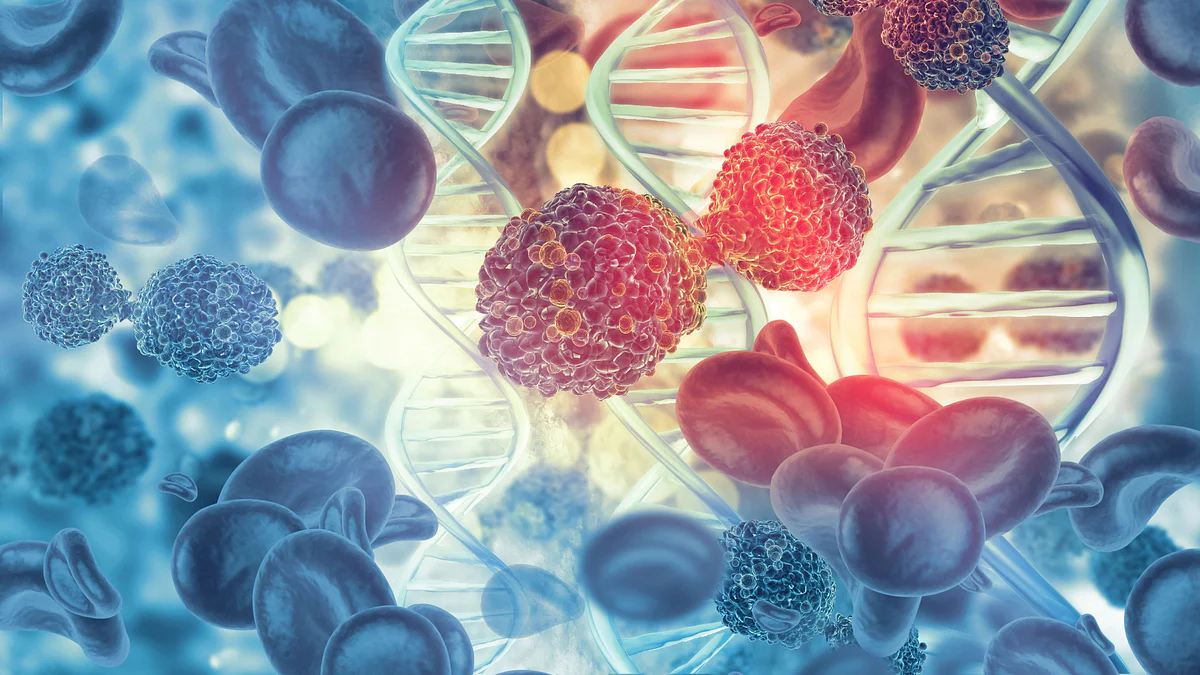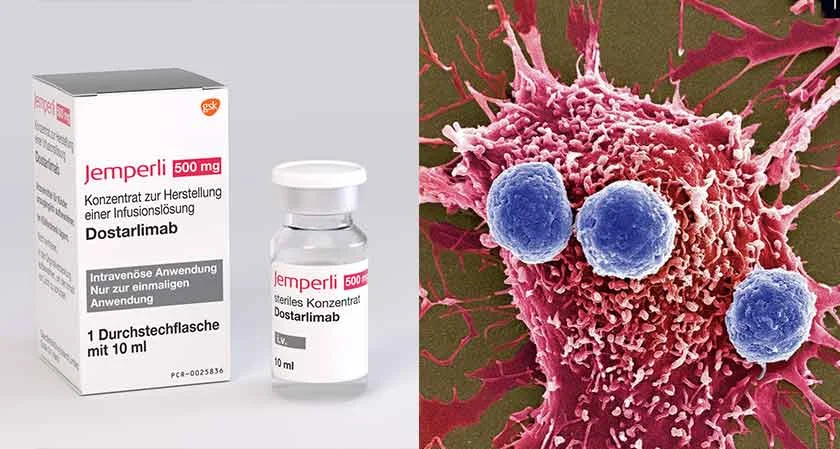Twelve individuals in the United States were entirely cured of rectal cancer without the need for surgery or chemotherapy in a medical trial.

The experiment employed dostarlimab, a monoclonal antibody, every three weeks for six months to treat a specific kind of stage two or three rectal cancer. Doctors from New York’s Memorial Sloan Kettering Cancer Center conducted the research, which was published in the New England Journal of Medicine.
The experiment found that immunotherapy alone, without the use of chemotherapy, radiation, or surgery, might entirely cure patients with a kind of rectal cancer known as “mismatch repair deficient cancer.”
The therapy was completed for all 12 patients, and they were monitored for six to 25 months afterward.
“During the follow-up, no cases of progression or recurrence had been documented,” the research stated. The response was very quick, with 81 percent of patients seeing symptom relief within nine weeks of commencing treatment.
Colorectal, gastric, and endometrial cancers are the most common’mismatch repair deficient’ malignancies. Patients with this illness lack the genes necessary to fix errors in DNA that arise spontaneously as cells replicate.
The immunotherapy belongs to a class of drugs known as PD1 blockades, which are currently preferred over chemotherapy and radiation for the treatment of certain malignancies. PD1 is a kind of protein that governs immune system processes, such as inhibiting T cell activity, and PD1 blockage treatment aims to free T cells from this repression.
Previously, this medication was only utilised after surgery, but the results of the study suggest that surgery may not be necessary.
“Although the therapy is often used for malignancies that have metastasized (spread to areas other than where the disease originated), it is now advised for all mismatch repair deficient tumours since it provides faster results with less harm than standard chemo and radiation.” So far, we’ve only utilised the treatment after a patient has had surgery, and it’s been used for 10 to 15 different purposes. “This study reveals that surgery was unnecessary in these individuals,” stated Dr. Julka.
In his own clinic, Dr. Julka explained that they now test for mismatch repair deficit in all tumours to evaluate if immunotherapy may be employed.
By protecting fertility, sexual health, and bladder and bowel functions, removing additional medicines can improve a patient’s quality of life.
“These patients may be adequately handled with chemotherapy and radiation as well,” said Dr M D Ray, professor of surgical oncology at AIIMS-Delhi, who disagrees with the immunotherapy approach. Approximately 10% to 15% of cancer patients do not require surgery. Immunotherapies are expensive and unaffordable for the majority of individuals in India, and particularly for those who come to AIIMS. A genetic test can cost up to Rs 30,000, which the people in this area cannot afford.”
Precision medicine, such as the use of specific immunotherapy medications for certain types of tumours, is still in its infancy in India, he noted. “In India, precision medicine for cancer therapy is being developed, although it is still in its infancy. He estimated that it would take at least ten years for it to become ubiquitous.
Immunotherapy treatments can cost as much as Rs 4 lakh per month, with patients requiring treatment for six months to a year.
“It’s possible that people will have to use their life savings to pay for therapy.” Dr. Julka explained that “we frequently end up administering the medication mainly to people who can rely on schemes like CGHS to fund their treatment or obtain free dosages from firms as part of their assistance programme.”
“Cancer will one day be like any other chronic condition,” he continued. Patients with cancer, like diabetics, would return to work after taking a pill. Molecular oncology is the way cancer will be treated in the future: if a mutation is found in one gene, a certain pharmaceutical is given; if it is found in another, a different medicine is given.











